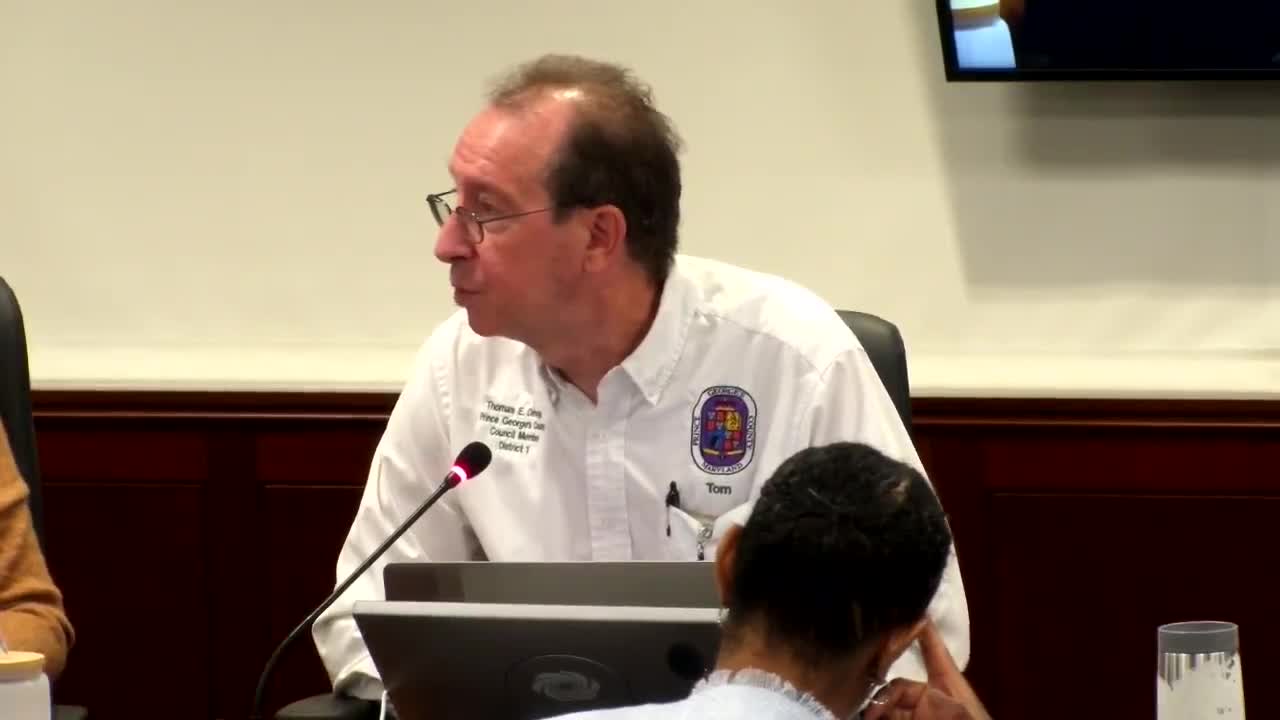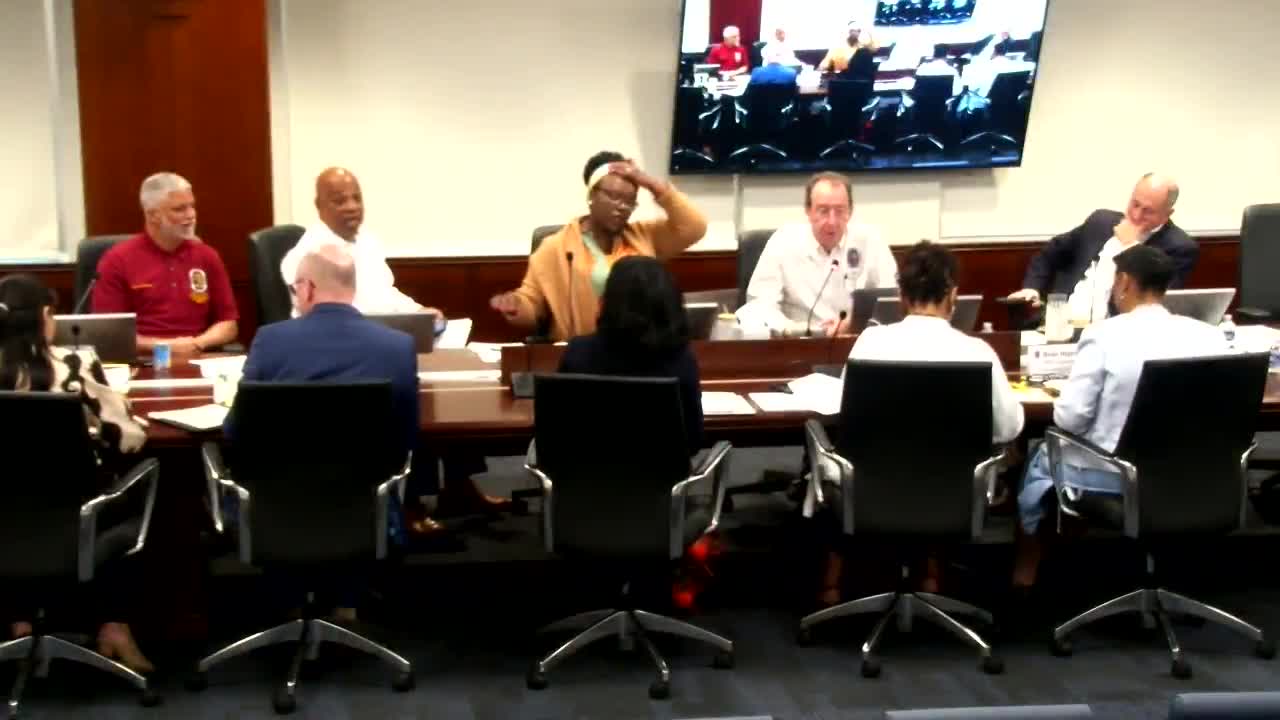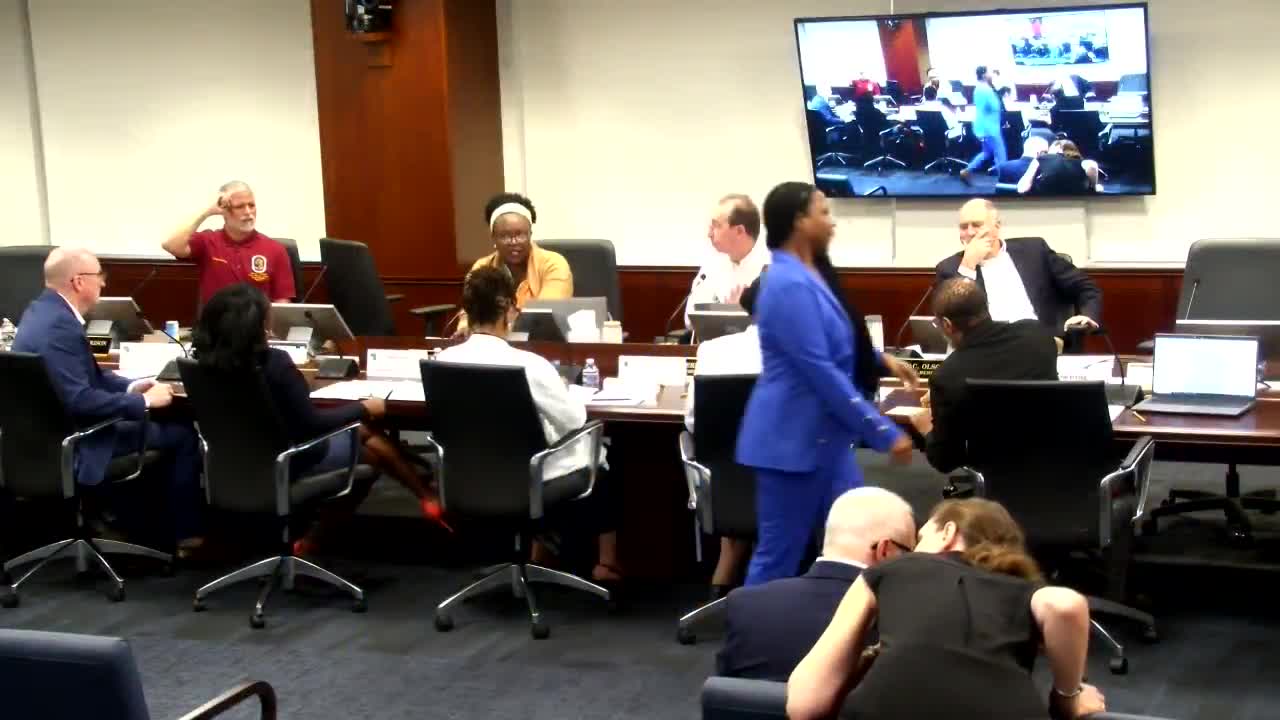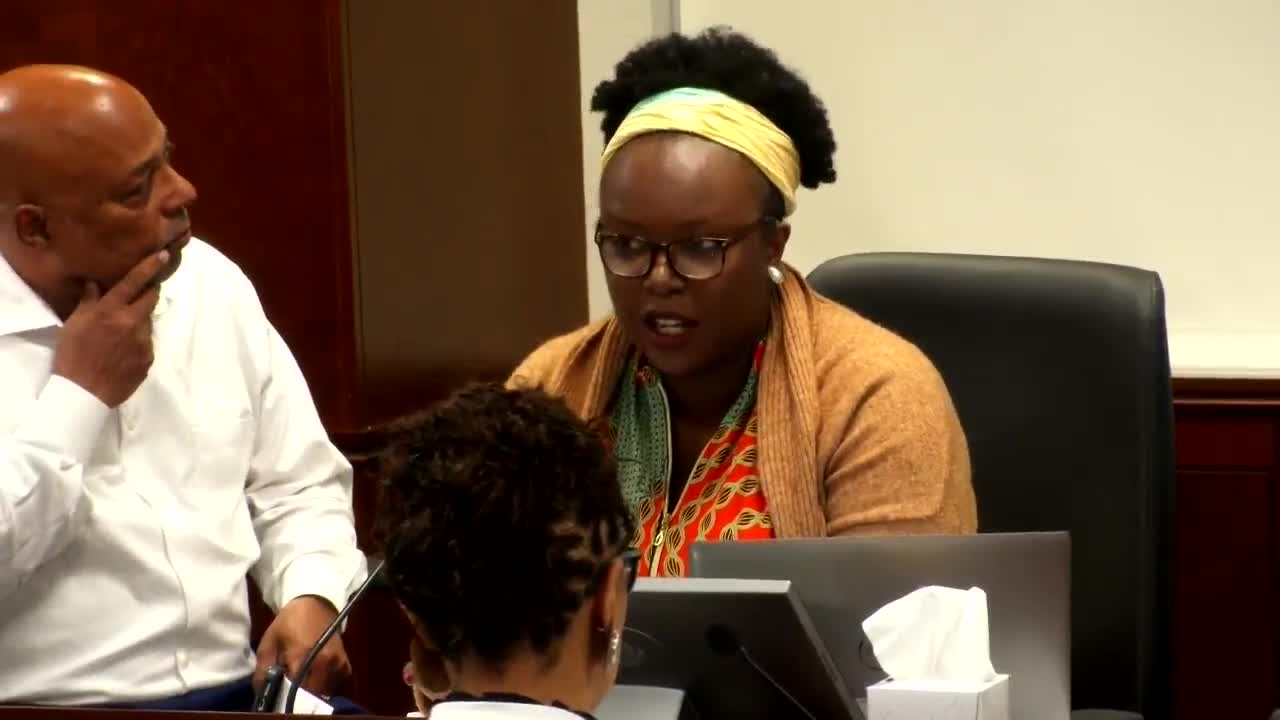Article not found
This article is no longer available. But don't worry—we've gathered other articles that discuss the same topic.

Votes at a glance: PHED committee actions on June 5

Committee holds opioid-treatment zoning change to seek planning-board review and clearer definitions

Committee holds bill requiring master-plan consistency for site plans after extended debate

